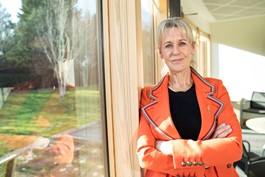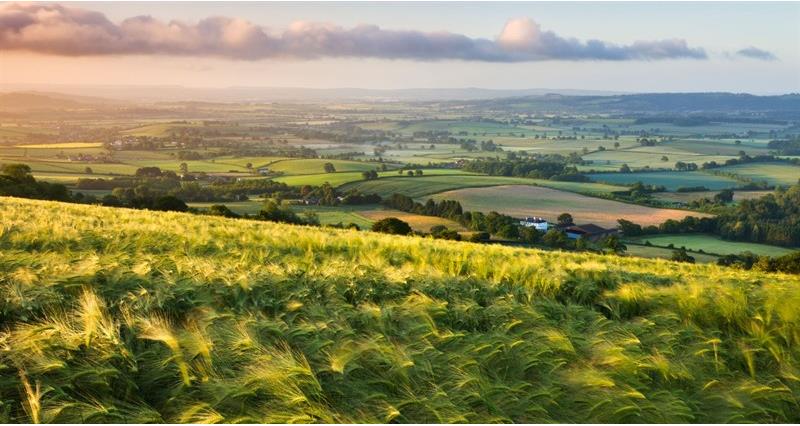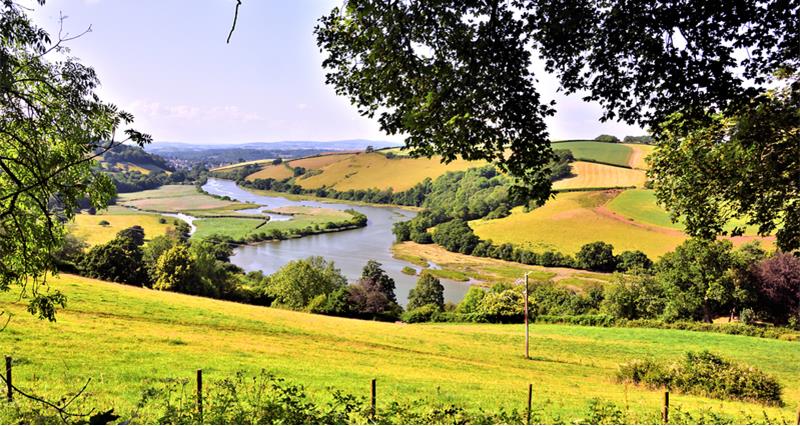The State of Nature report, spearheaded by RSPB and supported by a number of other environmental organisations, aims to provide an up-to-date picture of how nature is doing across the UK. Alongside a report for the UK, country-based assessments are also published for England, Wales, Scotland and Northern Ireland.
The findings of the 2023 report repeat those from the last report in 2019, summarising that the UK’s nature and wider environment continues, overall, to decline and degrade. The 2023 report also repeats the claim that the UK is ‘now one of the most nature-depleted countries on Earth’.
The 2023 report focuses on the trends in species over the past 50 years, the drivers of change, what is being put in place to counter these pressures and also sets out a number of policy calls for change.
NFU activity
The NFU has long been calling for proposals for nature recovery to “sit alongside” plans to increase British food production.
Our media team has been proactively monitoring media coverage since the report was published and has circulated our response to the media.
“What we ask is that proposals to boost nature recovery simply sit alongside equally ambitious plans for food production.”
NFU President Minette Batters
On our social media platforms, we have been developing a number of stories that show the public what British farmers are doing for the environment. These cover topics ranging from wildflower margins, cover cropping and the Wylye Valley.
NFU response to the report
Responding to the report, NFU President Minette Batters said: “For Britain’s farmers and growers, the environments we work in are our homes and often have been for generations.
“That’s why we care passionately about protecting the great British countryside and huge amounts of work have been carried out through agri-environment schemes and industry-led initiatives to boost nature, create habitats for wildlife, and benefit soil health and water quality.
“For example, hundreds of flower rich field margins have been developed to provide habitats for bees and other insects, while 149 species were recorded during this year’s Big Farmland Bird Count, including 33 species from the Red List for Birds of Conservation Concern.
Nature recovery should sit alongside food production plans
“And as part of delivering our ambition to reach net zero by 2040, we are working in a variety of ways to reduce emissions through improved productivity on farm and changing the way we use the land in a bid to capture more carbon as well as planting more trees and hedges.
“What we ask is that proposals to boost nature recovery simply sit alongside equally ambitious plans for food production.
“This should really matter to everyone to protect and enhance the UK’s food security. As the past 18 months have shown, food supply chains are fragile, but we can and must do more, supported by the right policy framework that values both quality, sustainable food and the environment in which it is produced.
‘It’s in everyone’s interest’
“It’s in everyone’s interests to ensure climate-friendly British farming in the future, with a domestic agriculture policy that enables our farmers and growers to embrace accessible schemes that are fit for purpose.
“These schemes must offer fair rewards and strong incentives for participation, so farm businesses can continue to be productive and profitable while continuing to deliver the environmental benefits we all want to see.”




